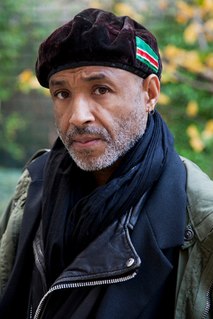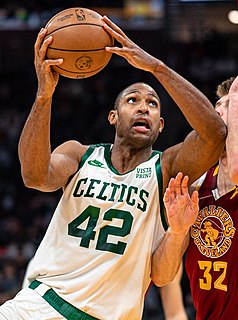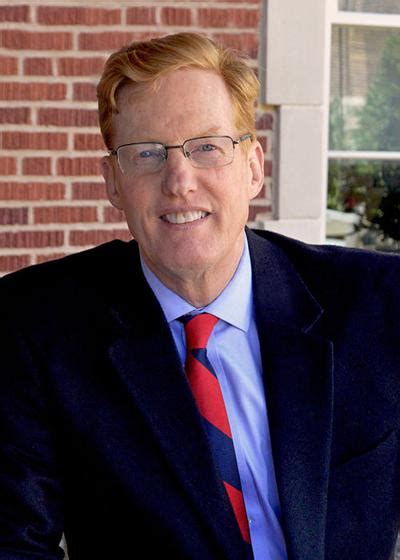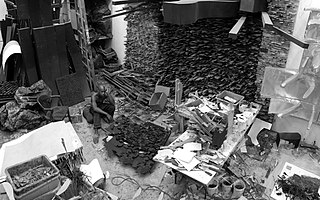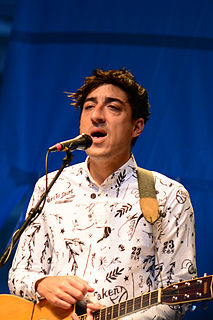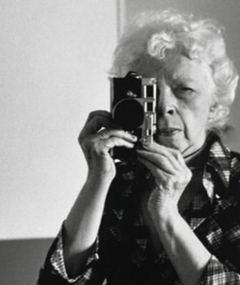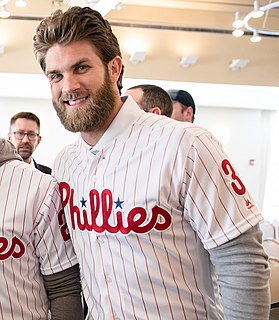A Quote by Stanley Greene
One of the most amazing things that came out of 9/11 was all the pictures taken by amateurs, by people just going to work or coming or saw what was going on and took it. But all forms and various types of cameras, and when you look at that body of work you just see the impact of how photography is - when I taught once, I said that you have to be ready now for any event.
Related Quotes
I remember standing on a street corner with the black painter Beauford Delaney down in the Village, waiting for the light to change, and he pointed down and said, 'Look.' I looked and all I saw was water. And he said, 'Look again,' which I did, and I saw oil on the water and the city reflected in the puddle. It was a great revelation to me. I can't explain it. He taught me how to see, and how to trust what I saw. Painters have often taught writers how to see. And once you've had that experience, you see differently.
I said, 'What I'm going to do is dress as plain as humanly possible.' I'm not going to wear anything fancy, I'm not going to have fancy music, I'm not going to have fancy pyro - I'm literally just going to be a dude walking into the ring. I'm going to look like I just got off work from a construction site, and I am now punching you in the face.
We saw that, as Syrian troops went to Aleppo, ISIS took Palmyra. But ISIS' days are numbered. The Donald Trump administration has said that they're going to concentrate on ISIS and they're going to work with Russia. Now, we don't know whether they really will work with Russia or not, but it's clear that ISIS is going to be pounded.
Most of the time for me, you're learning what not to do, as opposed to what to do. You never know what to do. I don't, especially in a work environment. You have a little formula yourself. But when I see a director do something I think, whatever he or she just said totally screwed that actor up and now they're worse. I'm never going to do that. I'm going to figure out something else. I want my movie to be good. And that's how it works.
I started making work, and it's like, yes you are calling out all of these things that are part of your memory, your body's memory, things that have gone through your pores, what you've seen, what you've experienced, and you spill them out without thinking. I don't think so much about, "Okay, I'm going to make work, and it's going to be about this." It's just going to come out.
I feel like a lot of the stuff coming out right now just feels really inauthentic to me. But apparently, people don't seem to see through it. And this makes me sound bitter, but it's just my perspective. I'm not bitter. I just feel like there's a lot of stuff that doesn't feel like it's coming from a place of any sort of integrity. It just doesn't feel like it's coming from the heart, basically. It just feels like it's being produced because people know it's a formula that will work, or it's easily digestible and fun to look at.
It's possible to think of photography as an act of editing, a matter of where you put your rectangle pull it out or take it away. Sometimes people ask me about films, cameras and development times in order to find out how to do landscape photography. The first thing I do in landscape photography is go out there and talk to the land - form a relationship, ask permission, it's not about going out there like some paparazzi with a Leica and snapping a few pictures, before running off to print them.
My first wedding was 15 people at our condo. The second was maybe about a hundred people at this fabulous casino. And you know what? I have almost no pictures of the second one, because I put disposable cameras on the tables, because everyone said, "The best pictures are the most candid! The best pictures are the ones people just take!" So, I put disposable cameras on the tables, and guess what? There were so many kids there that those cameras were stomped on. I had so many pictures of the floor, of people's eyes, of someone's finger.
